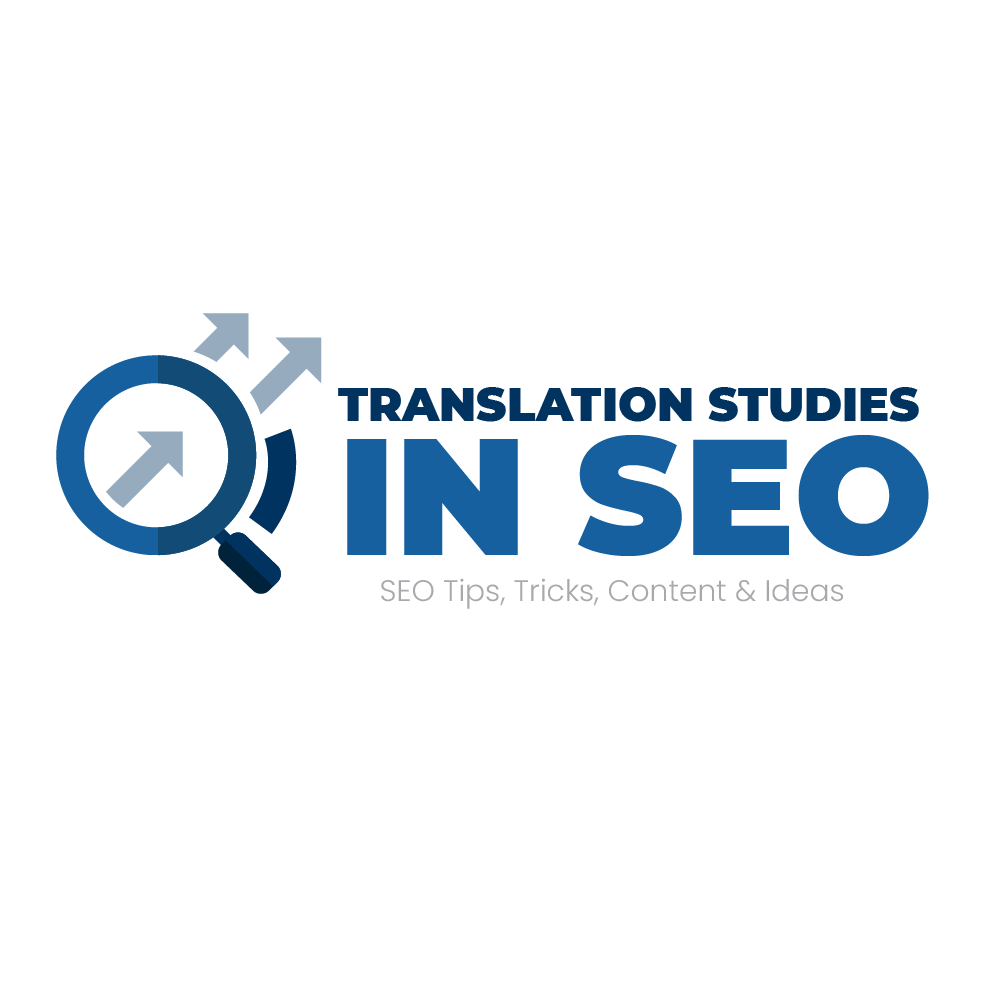
Search engine optimization (SEO) is the practice of ensuring your website appears on search engines when people are looking for relevant content.
SEO involves the combination of on-page, off-page and technical techniques to increase the ranking of your web pages.
Finally, SEO is all about driving quality traffic to your site. The quantity and quality of that traffic are determined by factors such as user intent and search query relevance.
Keywords
Keywords are an integral component of search engine optimization (SEO). They tell search engines what a webpage is about, helping it better match the original query.
When used correctly, keywords can increase a website’s organic traffic and lead to conversions. But this only works if businesses target the correct terms and create pertinent content.
The top SEOs always conduct keyword research to guarantee they remain on track and their content is pertinent.
Utilizing tools like Ubersuggest or Ahrefs can make this process simpler.
Once you’ve identified your topic buckets, create a list of keywords that fit within each one. Doing this ahead of time will save you valuable time in the long run.
On-page optimization
On-page optimization (OPO) is the practice of optimizing HTML elements such as title tags, meta descriptions, content and internal links in order for search engines to better comprehend your website.
Your on-page SEO is a critical factor in how well your pages rank in search engine results. A successful on-page optimization campaign should strive to create web pages that are both beneficial for users and search engines alike.
Utilizing keywords in the title tag of your page will aid search engines in understanding its content. Headings are another prime opportunity to incorporate keywords.
Image Optimization: Optimizing images with alt text is another way to make your page more pertinent. Google scans image alt texts for keywords, so having them optimized with relevant terms will boost your rankings in search engine results.
Page speed is another crucial on-page factor that can have an immense effect on your page’s ranking. Google tends to favor faster pages in their SERPs, so optimizing your webpage’s speed could significantly enhance its visibility in SERPs.
Off-page optimization
Search engine optimization (SEO) is the process of optimizing your website for Google and other search engines in order to boost its ranking. There are two approaches: on-page SEO and off-page SEO.
On-page SEO refers to tactics you can control on your site that help search engines better rank and understand your content, such as publishing relevant material, conducting keyword research, and optimizing URL structure. Other activities related to on-page SEO include internal links, title tags, and meta descriptions.
Off-page SEO refers to actions taken away from your website, such as creating backlinks or mentioning your brand on other websites. These activities aim to boost the credibility and authority of your site, ultimately increasing its rank in SERPs.
A well-managed off-page SEO strategy can boost your overall search engine rankings and drive more traffic to your website. Furthermore, it helps build trust with potential customers by demonstrating your legitimacy.
Link building
Links form the backbone of search engine optimization (SEO), and are an integral factor in how well a site ranks on Google. Securing links requires dedication, creativity, research, analysis and strategy – all at once!
When seeking links that can boost your search engine rankings, three principles should be taken into consideration: relevancy, value and trust. By doing so, you’ll be able to obtain high-quality links that will benefit both your website and its audience.
Search engines evaluate links based on several factors, such as anchor text, page strength and content surrounding the link. This helps them determine whether a link is important and deserves higher ranking in results.
Gaining valuable links requires creating industry-relevant resources that other websites will want to reference and link to. This can be accomplished through content marketing, participation in community discussions, or any other strategy that provides genuine value to the audience.
